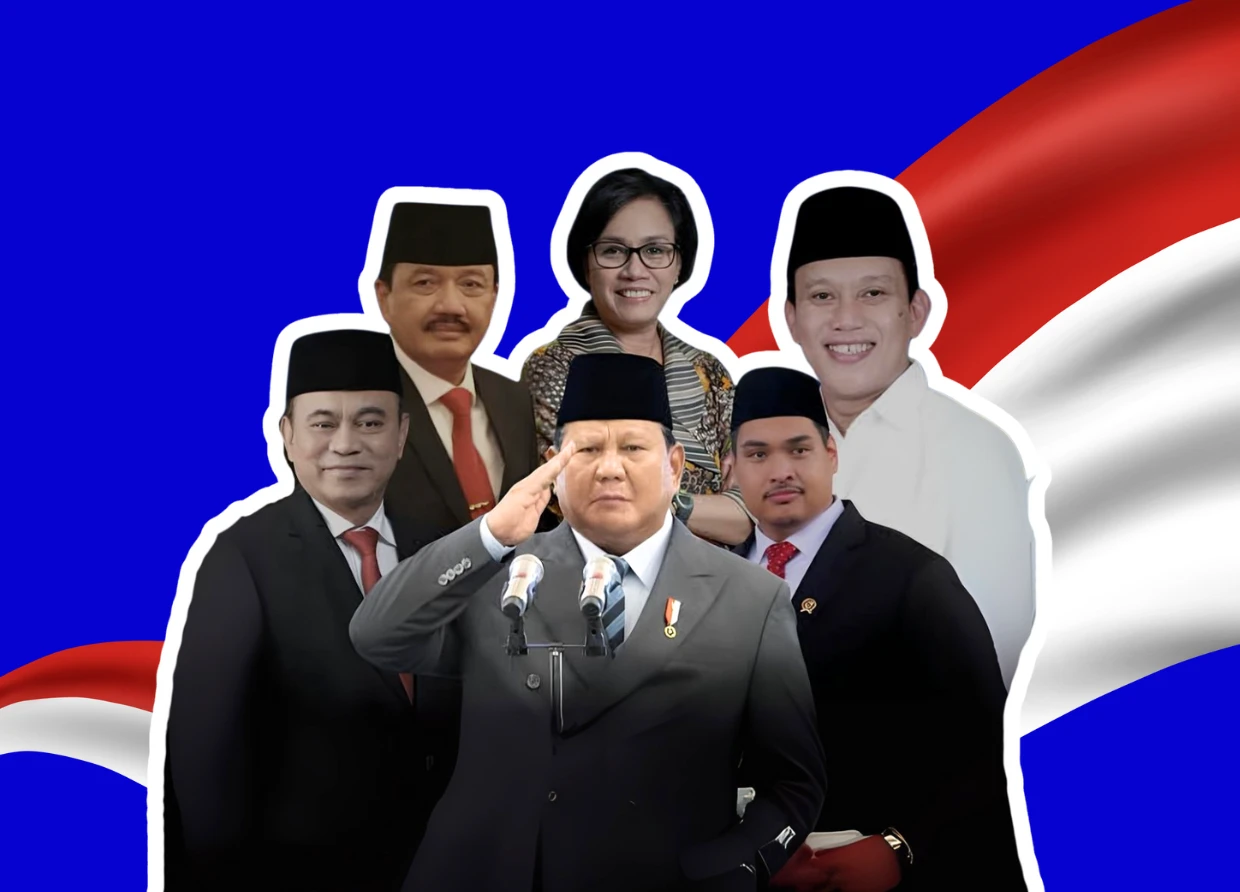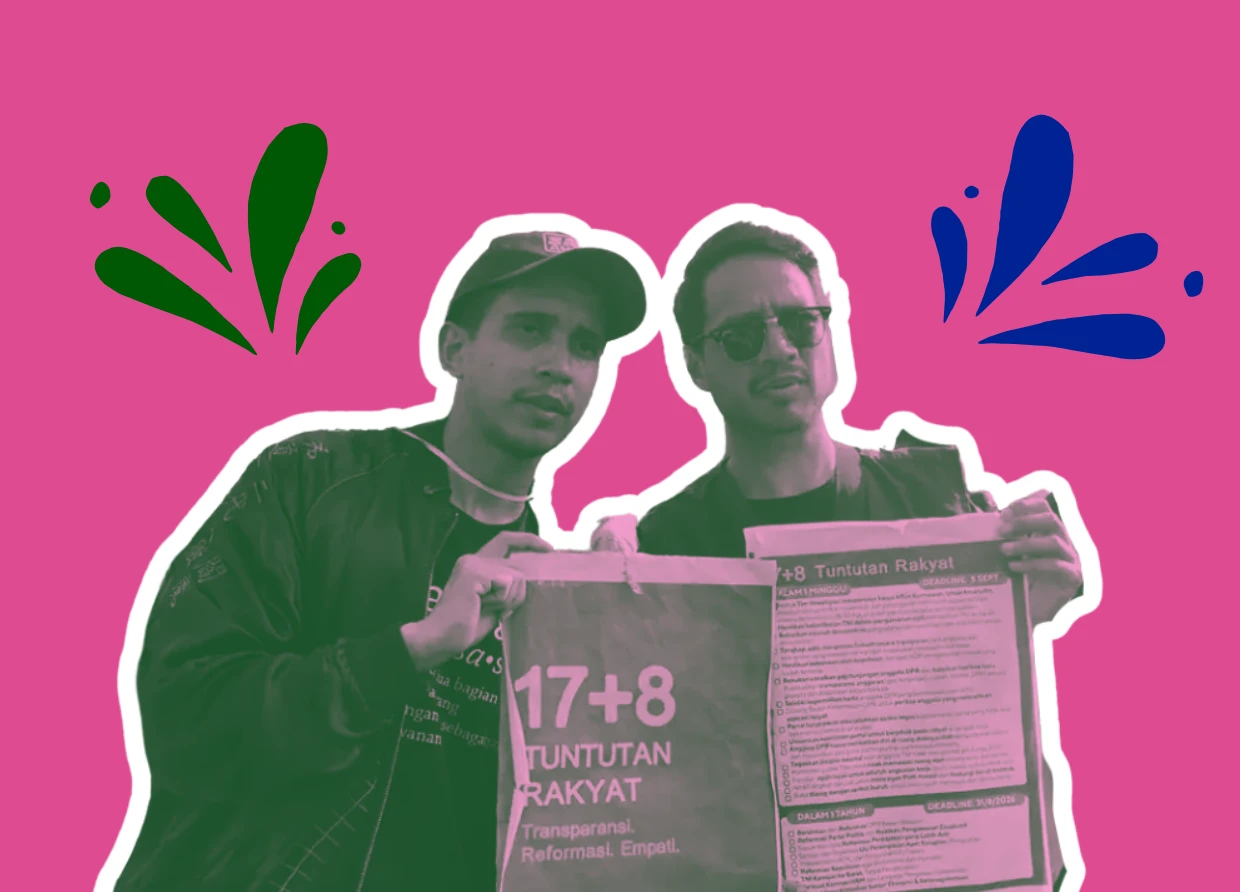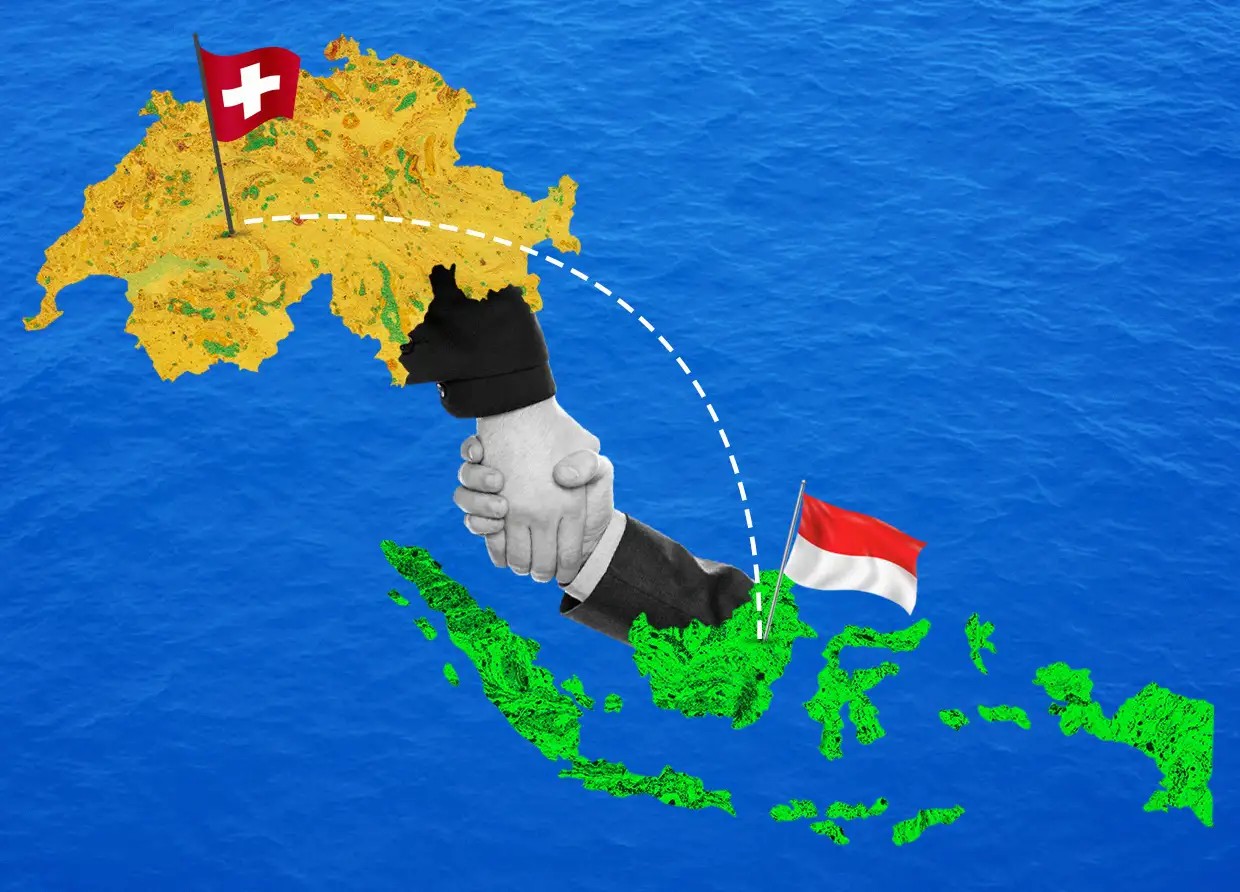UNTOLD STORY ABOUT TWO FORGOTTEN PRESIDENTS OF INDONESIA
They are Sjafrudin Prawiranegara and Mr. Assat.
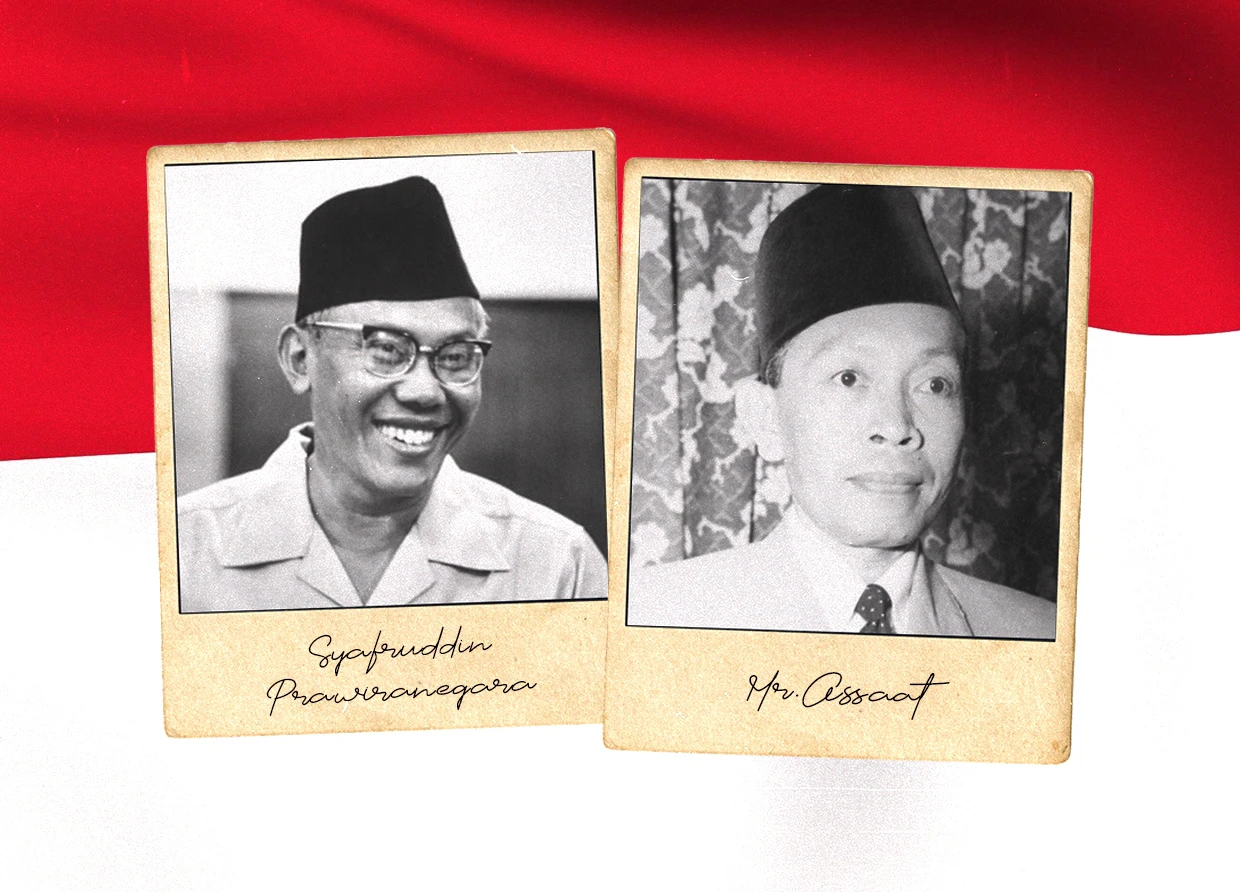
Throughout the founding of the Republic of Indonesia (RI), the public has known Sukarno, Suharto, BJ Habibie, Abdurahman Wahid, Megawati Soekarno Putri Susilo Bambang Yudhoyono, and Joko Widodo, who served as a president. In fact, two more Indonesian Presidents are rarely mentioned, they are Sjafrudin Prawiranegara and Mr. Assat.
Sjafruddin Prawiranegara was born in Banten on February 28, 1911. He was a fighter during the independence of Indonesia and served as Minister of Prosperity of the Republic of Indonesia in the first cabinet.
In his childhood, he was familiar with the nickname "Kuding." He has a blood mixture from Banten and Minang. His grandfather, Sutan Alam Intan, is a descendant of King Pagaruyung in West Sumatra, who was exiled to Banten because of his involvement in the Padri War.
Kuding likes to read adventure stories like Robinson Crusoe. He has high aspirations, "I want to be big," he said. That is why he entered the Law College in Batavia.
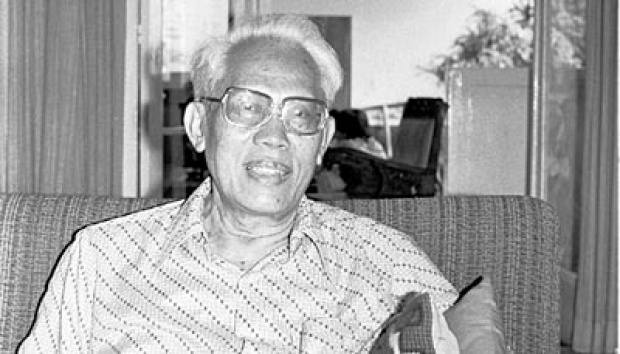
Since he studied at RHS, Sjafruddin has been active in a student organization called Unitas Studosorum Indonesiensis (USI). In Engineers of Happy Land: Technology and Nationalism in a Colony, Rudolf Mrazek wrote that USI primarily engaged in activities that support study and recreation.
This was only done to suppress the tendency of radicalism among RHS students. But even though USI's activities never touched the political sphere, Sjafruddin still paid attention to the movement. Through his various readings in books and newspapers, he understood the meaning of nationalism.
"Sjafruddin is a Muslim and a patriot, and he completely rejected Dutch rule as it developed in the Indies. He tried to confirm the position of Indonesians in the modern world, and rejected Dutch ideas," Mrazek wrote.
Sjafruddin held several important structural positions during 1946-1951, such as Minister of Finance, Minister of Prosperity, Governor of Bank Indonesia, Deputy Prime Minister, etc. He was also the one who is known to have proposed that Indonesia have its own money, ORI (Oeang Republik Indonesia), replacing Javasche Bank money, Dutch East Indies government money, and Japanese money.
Another story comes from Mr. Assat, who was born in Pincuran Landai Hamlet, Kubang Putiah, Banuhampu, Agam, West Sumatra, September 18, 1904. He studied at the religious school "Adabiah," MULO Padang, then continued at the School tot Opleiding van Inlandsche Artsen (STOVIA) Jakarta.
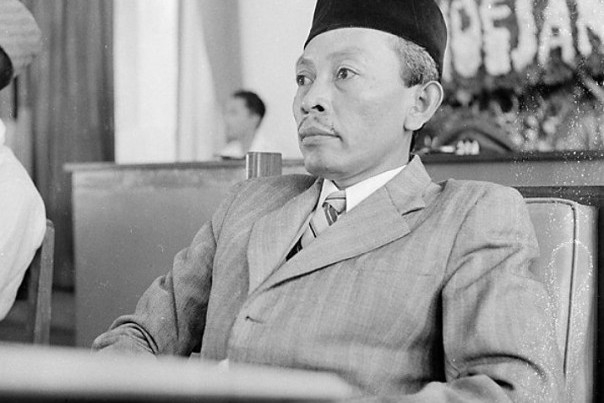
He felt that doctor was not his passion. He left STOVIA and continued to AMS (current high school). From AMS, Assaat continued his studies at Rechtshoogeschool te Batavia (High School of Law in Jakarta).
While a student at RHS, he was involved in the national movement concerned with the youth movement and politics. Assaat was active in the youth organization "Jong Sumatranen Bond."
His political career continued to climb high, and he became the Executive Board of the "Indonesian Youth Association." When this organization merged with "Young Indonesia," he was elected Treasurer of the "Young Indonesia" Commissioner.
"Assaat was a democratic patriot who has no small stake in upholding and defending Indonesia. He has been faithful in carrying out his responsibilities since the beginning of independence until the final stages of the completion of the revolution," said Pandoe.
Mr. Assaat was exiled to Bangka due to his activities. He has also sat in several vital positions--besides the chairman of the KNIP-BPKNIP and the acting President of the Republic of Indonesia--such as Member of Parliament and Minister of Home Affairs in the Natsir Cabinet.
They labeled as 'rebel'
After serving as interim President, it turns out that the wheel of life can turn to the unexpected. This is what Sjafruddin Prawiranegara felt.
Starting from the disappointment of the central government, on February 15, 1958, at the same place when the PDRI was declared in Bukittinggi a decade ago, the Revolutionary Government of the Republic of Indonesia (PRRI) released a counter cabinet. The name Sjafruddin Prawiranegara reappeared as prime minister alias supreme leader.
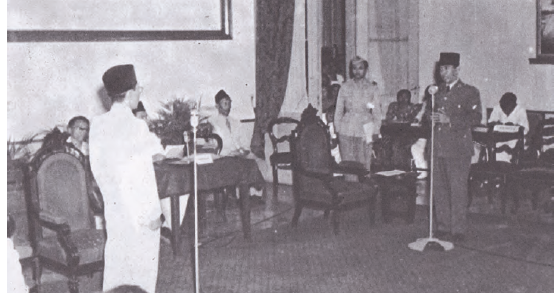
PRRI, which stood side by side with Permesta (Struggle for the People of the Universe) in Eastern Indonesia, demanded greater regional autonomy. Sjafruddin, who after the transfer of sovereignty served as finance minister and then the first Governor of Bank Indonesia, played a central role in this maneuver.
"It was a deep sorrow and distress that we were compelled to raise the flag against our own Head of State. We've talked and talked. Now is the time to act!" exclaimed Sjafruddin Prawiranegara in his speech, as quoted from the book Bung Karno Mengjuang.
But in May 1961, the so-called rebellion was finally crushed. Its leaders were arrested or surrendered. However, President Sukarno decided to pardon them, including Syafruddin Prawiranegara.
After that, Sjafruddin left the political arena and chose to switch paths to the path of da'wah, including by becoming an administrator of the Islamic Pesantren Foundation and the Chairman of the Indonesian Mubalig Corps (KMI), which was formed after the fall of the Old Order and was replaced by a new regime under Suharto's command as President.
Sjafruddin is known to be not afraid of anyone; Soekarno and Suharto were once opposed. Syafruddin, like the last words he spoke before he died, only feared God.
"I want to die in Islam, and I want to realize that we don't need to be afraid of humans, but rather fear Allah," said Syafruddin as quoted from Sri Indra Haryati's History of Indonesian Thought: 1945-1966 (2007: 396).
Syafruddin Prawiranegara died in Jakarta on February 15, 1989, at the age of 77. Although he was labeled a rebel and opposed the policies of the New Order, the Indonesian government still awarded him the title of national hero on November 7, 2011.
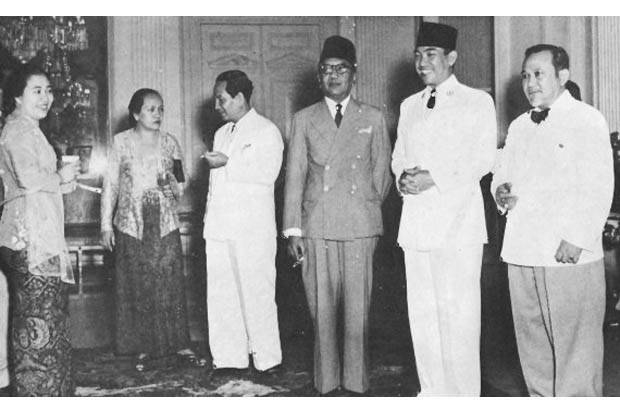
Meanwhile, Mr. Assat, who once opposed President Soekarno when running Guided Democracy, still respected Bung Karno personally. He opposed Bung Karno's politics, which seemed to lean towards the left-wing of the Indonesian Communist Party (PKI).
Assaat felt threatened. Because Guided Democracy was a covert dictatorship, it was constantly monitored by intelligence and the PKI. Secretly, he went to Tanah Abang Station, then left Jakarta. Assat and his family then crossed to Sumatra, staying a few days in Palembang. He then joined PRRI in West Sumatra.
When he was in West Sumatra and North Sumatra, Assaat already felt that he was often sick. He was arrested, physically weak, and lived in a Guided Democracy prison for 4 years (1962-1966). He just got out of detention in Jakarta after the emergence of the New Order.
On June 16, 1976, Assaat died in his humble home in Warung Jati, South Jakarta. Assaat, who received the title of Datuk Mudo, accompanied by his comrades, friends, relatives, and family, was respected by the state with military greatness.
#THE S MEDIA #Media Milenial #Mr. Assat #Sjafrudin Prawiranegara


